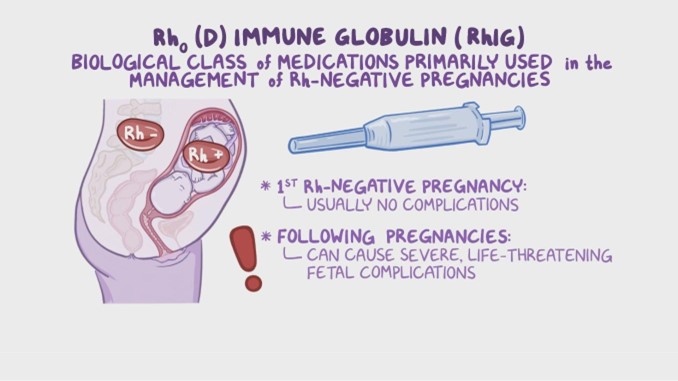A nurse is caring for a client who is experiencing urinary incontinence. Which of the following recommendations should the nurse include in the teaching plan for this client?
Decrease fiber intake.
Avoid Kegel exercises.
Restrict fluid intake to 1 liter per day.
Reduce intake of caffeinated and carbonated beverages.
The Correct Answer is D
Choice A rationale:
Decreasing fiber intake is not a recommended action for urinary incontinence. Fiber intake is related to bowel health and does not directly affect urinary incontinence.
Choice B rationale:
Avoiding Kegel exercises is not recommended for urinary incontinence. Kegel exercises are beneficial for strengthening the pelvic floor muscles, which can help improve urinary continence.
Choice C rationale:
Restricting fluid intake to 1 liter per day is not advisable for urinary incontinence. Adequate hydration is essential for overall health, and limiting fluid intake can lead to dehydration and other health issues.
Choice D rationale:
Reducing intake of caffeinated and carbonated beverages is a helpful recommendation for a client experiencing urinary incontinence. Caffeine and carbonation can irritate the bladder and worsen incontinence symptoms.
Nursing Test Bank
Naxlex Comprehensive Predictor Exams
Related Questions
Correct Answer is A
Explanation
Fresh cabbage leaves have been traditionally used as a home remedy to help alleviate pain and discomfort associated with breast engorgement. The coolness of the cabbage leaves can provide a soothing effect, and they may also have anti-inflammatory properties that help reduce swelling. However, it is important to note that this should be used as a complementary measure and not a substitute for medical treatment or advice if the engorgement is severe or persistent.
Correct Answer is D
Explanation
Choice A rationale:
This statement is incorrect. The client should receive Rh(D) immune globulin (RhoGAM) if they are Rh-negative and their partner's Rh status is unknown or Rh-positive. This prevents the development of Rh antibodies in the mother's blood, which could be harmful in future pregnancies if the baby is Rh-positive.
Choice B rationale:
This statement is incorrect. Rh(D) immune globulin is administered to an Rh-negative mother within 72 hours after delivery if the baby is Rh-positive. This is done to prevent the mother from developing Rh antibodies that could affect subsequent pregnancies.
Choice C rationale:
This statement is incorrect. There is no restriction on receiving other immunizations after receiving Rh(D) immune globulin. The shot only protects against Rh incompatibility and does not interfere with other immunizations.
Choice D rationale:

This statement is correct. Rh(D) immune globulin can be given after birth to an Rh-negative mother with an Rh-positive baby. This helps protect the mother's future pregnancies from the potential harmful effects of Rh incompatibility.
Whether you are a student looking to ace your exams or a practicing nurse seeking to enhance your expertise , our nursing education contents will empower you with the confidence and competence to make a difference in the lives of patients and become a respected leader in the healthcare field.
Visit Naxlex, invest in your future and unlock endless possibilities with our unparalleled nursing education contents today
Report Wrong Answer on the Current Question
Do you disagree with the answer? If yes, what is your expected answer? Explain.
Kindly be descriptive with the issue you are facing.
